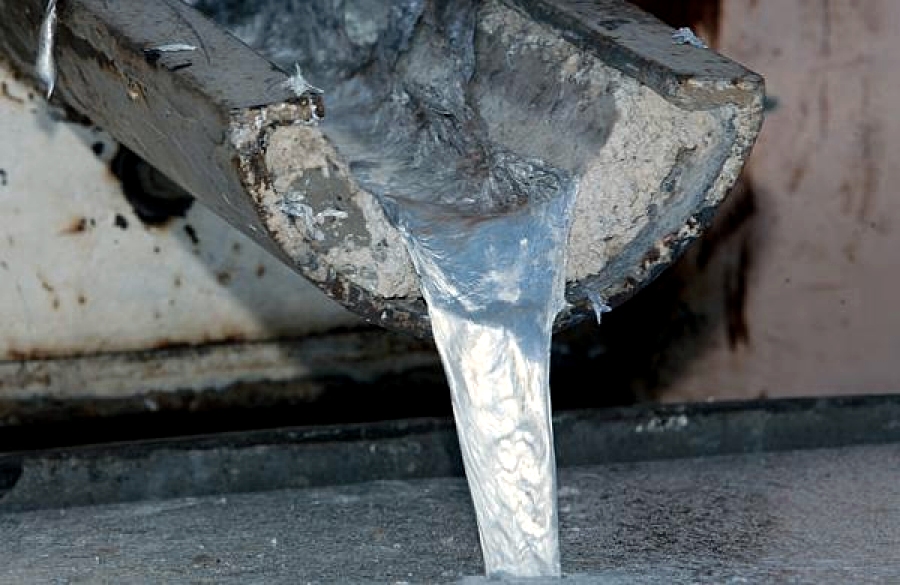“Catastrophic” shutdowns expected at Rusal if U.S. sanctions remain

Russian aluminium giant Rusal is concerned about an impending catastrophe if U.S. sanctions are not lifted, with some of its production halted as early as September, two sources close to the company said.
Under the terms of the sanctions, imposed in April in response to Moscow’s alleged meddling in the 2016 U.S. election, U.S. customers must wind down business with Rusal by Oct. 23.
“If sanctions are not lifted in the near future, then contracts will expire and from Oct. 1, all of the company’s production, intended for the external market, will once again go into the warehouses,” a source close to Rusal said.
“Considering that before the sanctions were introduced, Rusal sold around 80 percent of its output for export, the situation could be catastrophic not only for all the company’s plants around the world, but also for the global aluminium market,” the source said.
Rusal declined to comment.
On Tuesday the company said it was putting a halt to production at its small Nadvoitsky plant as a result of the sanctions, since all of its output was geared to the U.S. market.
The production, for export, of alloys and of value-added products – such as foil and rolled products – could be stopped as early as September, another source close to the company said.
Ratings agency Fitch said on Wednesday global aluminium prices on the London Metal Exchange could rise towards $3,000 per tonne by 2021 if no “acceptable resolution to Rusal sanctions is found”. That is compared to an expected 2021 price $2,470 if the situation is resolved.
Aluminium is now trading at $2,106 on the exchange.
Fitch also outlined why Rusal could start shutting down operations as early as September.
Rusal’s ability to agree products deals on all value-added goods for the coming year could be limited, as negotiations take place between September and November, the ratings agency said.
“Furthermore, the annual period where volumes and prices are agreed for the following year between buyers/sellers also starts in September,” Fitch said.
“If Rusal remains under sanctions, then it cannot agree new deals,” the agency said.
(Reporting by Polina Ivanova and Diana Asonova; Editing by David Evans).
{{ commodity.name }}
{{ post.title }}
{{ post.date }}




Comments